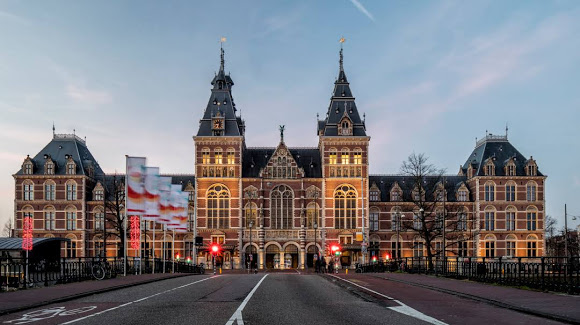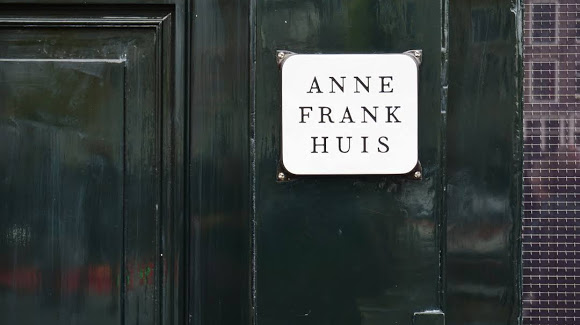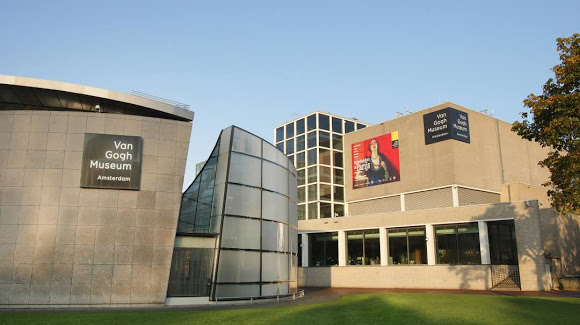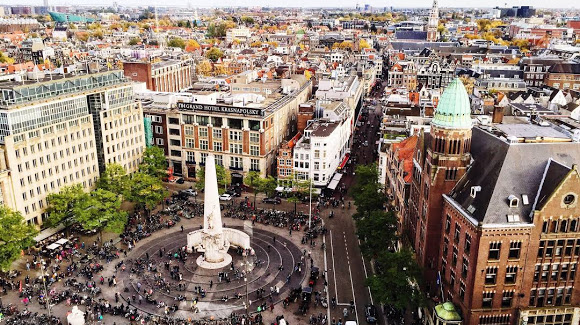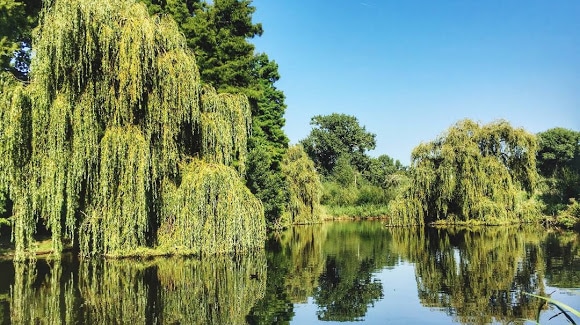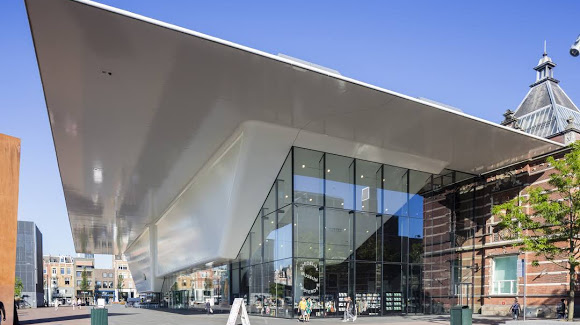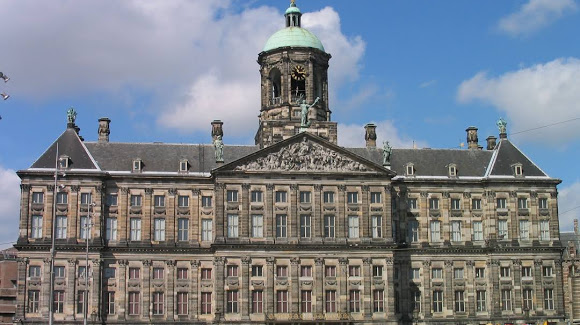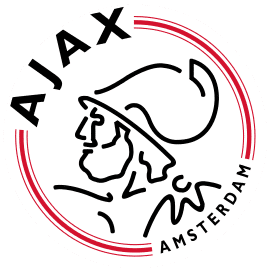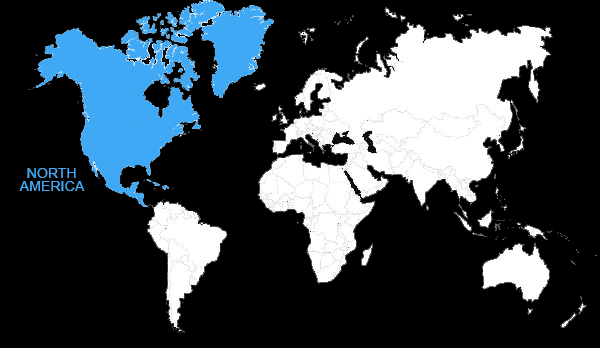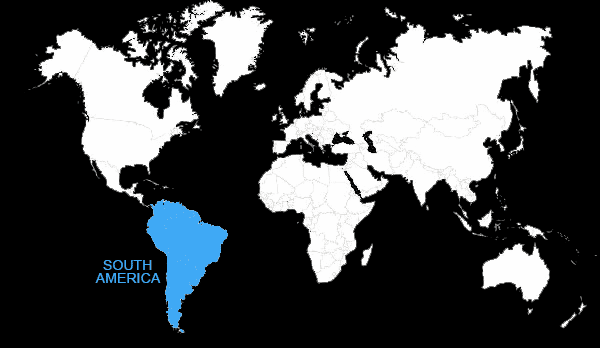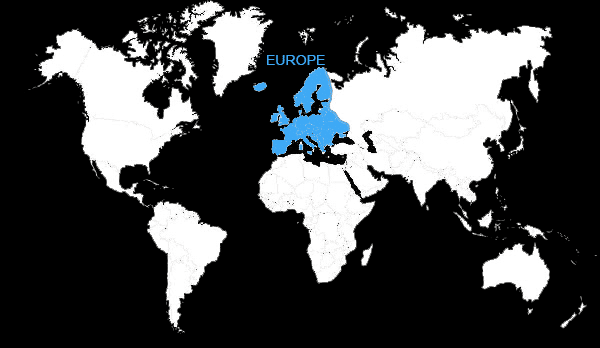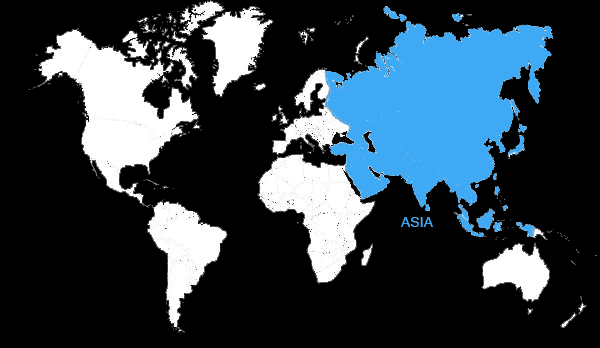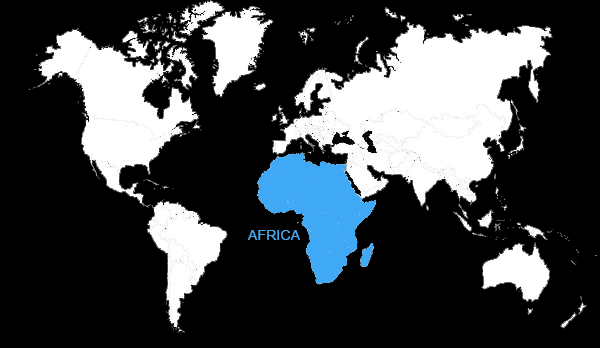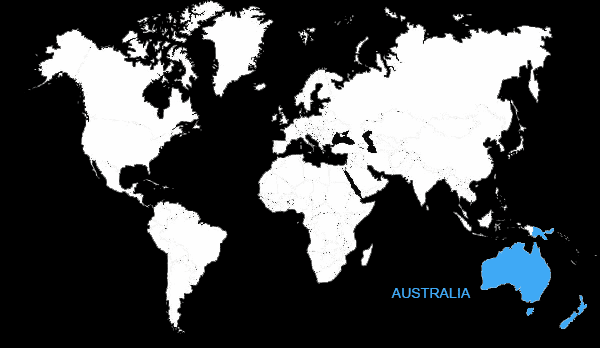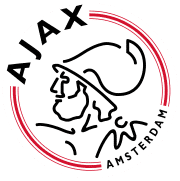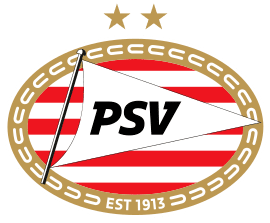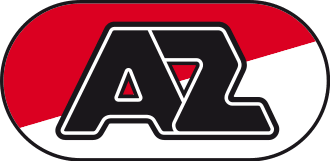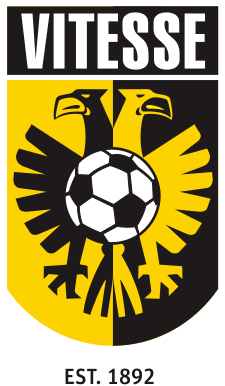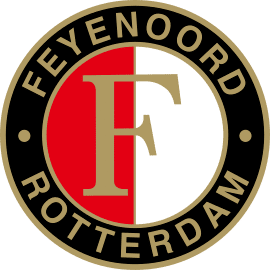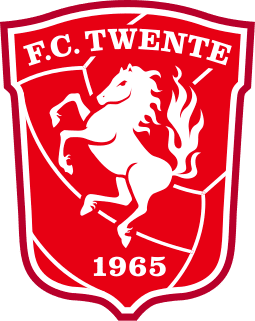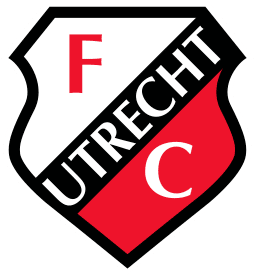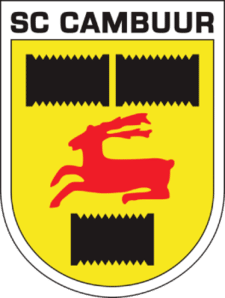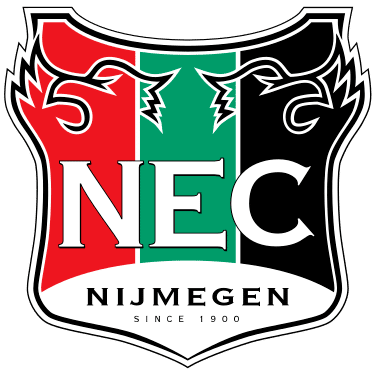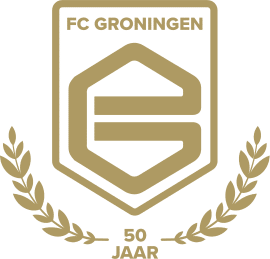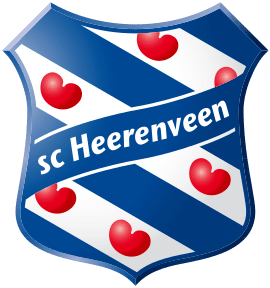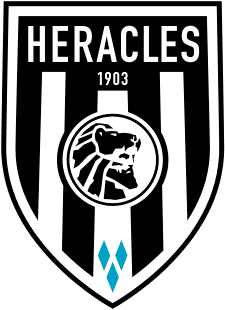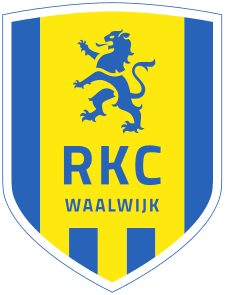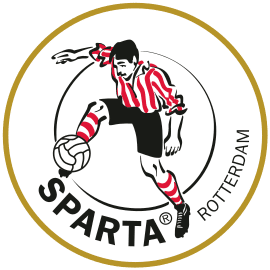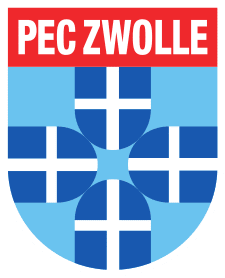
Welcome!
Discover the world of soccer with fcscout.com, your go-to scout for club tryout information, club guides, player profiles, in-depth product reviews, and more. We’re dedicated to exploring and revealing the best in each domain, empowering you with knowledge to make informed choices.
Thank you for being here!
Hi, I’m Carlos! A coach, sports enthusiast, and the founder of FCScout.com.
I fell in love with the game at a very young age like many of you. I’ve been following and playing soccer for many years.
Throughout my career, I always enjoyed helping soccer players chase their dreams, which is why I started this website. I wanted to reach a larger audience outside of my local area and fcscout.com was born.
This website is a platform I will be using to update club pages on any tryouts, stadiums, players, tech, and more from clubs around the world. I also create free recruitment profiles for players looking to have that extra competitive edge when reaching out to clubs.
That’s it. That’s my pitch for you to stick around (or browse the site as you please).
This is already too much text for a “see more” drop-down button thing. If you want to reach out to me, head on over to my contact page 🙂

Amsterdamsche Football Club Ajax, also known as AFC Ajax, Ajax Amsterdam, or simply Ajax, is a Dutch professional football club based in Amsterdam, that plays in the Eredivisie, the top tier of Dutch football.
AFC Ajax Youth Development System
Ajax is known worldwide for producing some of the best young talent in the world of football. Ajax has produced many Dutch talents over the years – Johan Cruyff, Edwin van der Sar, Gerald Vanenburg, Frank Rijkaard, Dennis Bergkamp, Rafael van der Vaart, Patrick Kluivert, Marco van Basten, Wesley Sneijder, Maarten Stekelenburg, Nigel de Jong, Frenkie de Jong, and Matthijs de Ligt have come through the ranks and are just some of the talents who’ve played for Ajax. Ajax also regularly supplies the Dutch national youth teams with local talent.
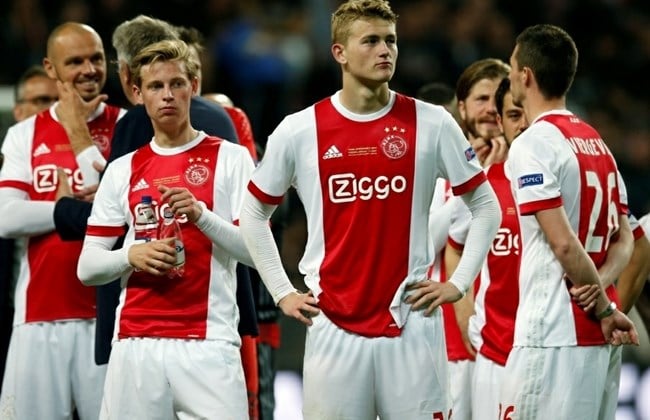
Due to mutual agreements with foreign clubs, the youth academy has also signed foreign players as teenagers before making first team debuts, such as Belgian defensive trio Jan Vertonghen, Toby Alderweireld and Thomas Vermaelen along with winger Tom De Mul, all of whom are full internationals, as well as Dutch international Vurnon Anita and Javier Martina, representing Curaçao.
Ajax has also expanded its talent searching programme to South Africa with Ajax Cape Town. Ajax Cape Town was set up with the help of Rob Moore. Ajax has also had a satellite club in the United States under the name Ajax America, until it filed for bankruptcy. There are some youth players from Ajax Cape Town that have been drafted into the Eredivisie squad, such as South African internationals Steven Pienaar, Thulani Serero and Cameroonian international Eyong Enoh.
In 1995, the year Ajax won the UEFA Champions League, the Netherlands national team was almost entirely composed of Ajax players, with Edwin van der Sar in goal; players such as Michael Reiziger, Frank de Boer and Danny Blind in defence; Ronald de Boer, Edgar Davids and Clarence Seedorf in midfield; and Patrick Kluivert and Marc Overmars in attack.
In 2011, Ajax opened its first youth academies outside the Netherlands when the club partnered up with George Kazianis and All Star Consultancy in Greece to open the Ajax Hellas Youth Academy. The offices are based in Nea Smyrni, Attica, with the main training facility located on the island of Corfu, hosting a total of 15 football youth academies throughout Greece and Cyprus. Eddie van Schaik heads the organization as coach and consultant, introducing the Ajax football philosophy at the various Greek football training camps.
In 2016, Ajax launched the ACA (Ajax Coaching Academy) with the intention of sharing knowledge, setting up a variety of camps and clinics for both players and coaches.
Ajax Youth Academy – Amsterdam
The Ajax Youth Academy is a football youth academy based in Amsterdam, Netherlands, from where the organization manages a total of 13 youth teams (ages 7–18). The academy is the primary youth clinic of Dutch football team Ajax Amsterdam. The club depends heavily on the youth academy as they move promising youngsters from the youth teams to the senior team where they can showcase their talent and develop into stars.
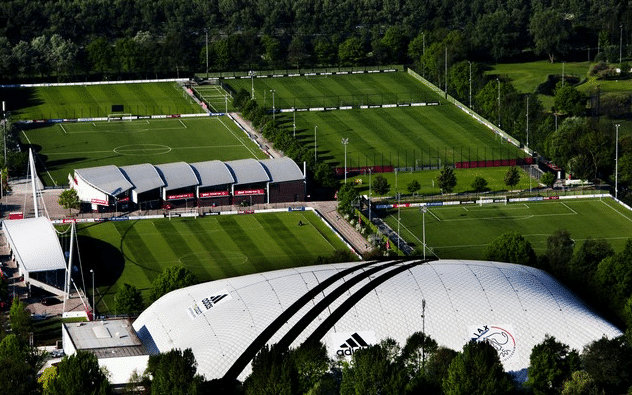
On September 11th, 2020, the CIES released their annual rankings of the clubs having trained the most players active in 31 top divisions of UEFA member associations. The Ajax Youth Academy came in 2nd place to the FK Partizan Academy from Serbia with 77 players footballers trained, while the Serbian side topped the list with 85 footballers trained. In accordance with the UEFA definition, players who were considered have been playing for the club for at least three seasons between 15 and 21 years of age.
Youth Teams
| Level | Team | Age | League | Cup | Int. |
| A-Juniors | A1 | U19 | Nike Eredivisie | A-Juniors Cup | UEFA |
| B-Juniors | B1 | U17 | B-Juniors Eredivisie | B-Juniors Cup | |
| C-Juniors | C1/C2 | U15 | C-Juniors Eredivisie/.C-Juniors | C-Juniors Cup | |
| D-Juniors | D1/D2 | U13 | D-pupils/.D-pupils | D-pupils Cup | |
| E-Juniors | E1/E2 | U11 | E-pupils/.E-pupils | E-pupils Cup | |
| F-Juniors | F1/F2 | U9 | F-pupils/.F-pupils | F-pupils Cup |
A1
The Ajax juniors, or the A1. The final phase in Ajax’s youth development system. After this, the players go on to the first or second team. The juniors have won many national championships. Some of the greatest football players in the world (Cruijff, Bergkamp, Kluivert) came from the Ajax juniors.
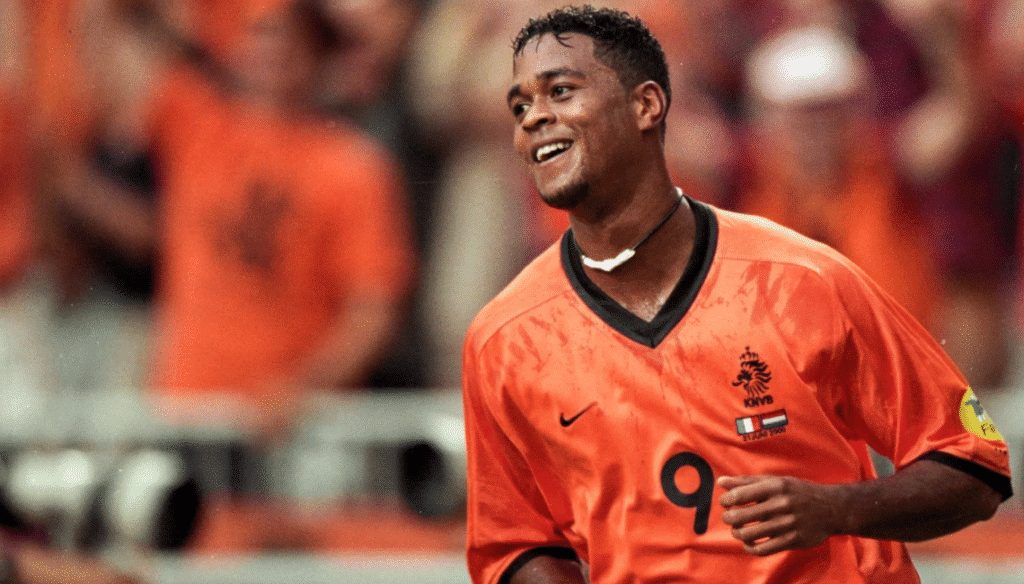
You can visit the home matches of Ajax A1. They play on Saturday afternoon at 14:30 at the youth center De Toekomst, which is near the stadium. Entrance is free.
Please call the complex for the exact hours: 0900-AFCAJAX (0900-232-2529)
Complex
The Toekomst can be reached via the A1, A2, A9 and A10 motorways. From the A2 (Utrecht – Amsterdam) take exit S211 (Ouderkerk a/d Amstel/Duivendrecht/Diemen). Follow the signs Amsterdam Zuidoost/Transferium at the end.
Ajax2
Ajax 2. Also known as Young Ajax. The stepping stone for young players to Ajax’s first team. Here, new young foreign players can adjust to the playing style of Ajax. For others, it is a temporary stop between the juniors and the first team.
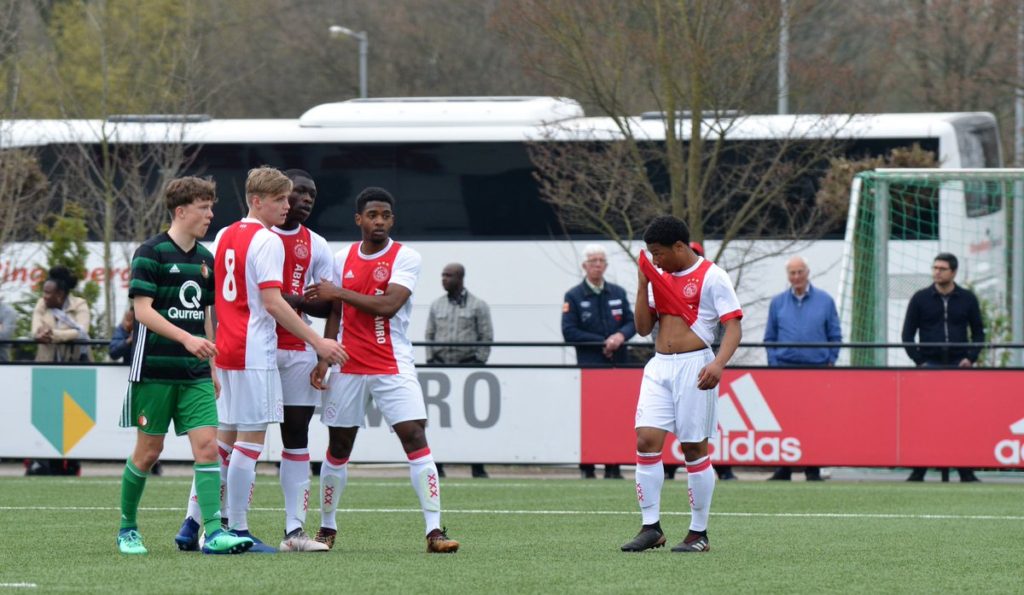
Visit
You can visit the home matches of Ajax 2. They usually play on Monday nights at 18:30 at the youth complex De Toekomst, which is near the stadium.
Please call the complex for the exact hours: 088 – 18 3 1900
Camps & Clinics – Amsterdam
Train like a real Ajax player at one of their onsite camps and clinics at the Sportcomplex de Toekomst, the training area of Ajax.
A full list of frequently asked questions for camps and clinics can be found here.
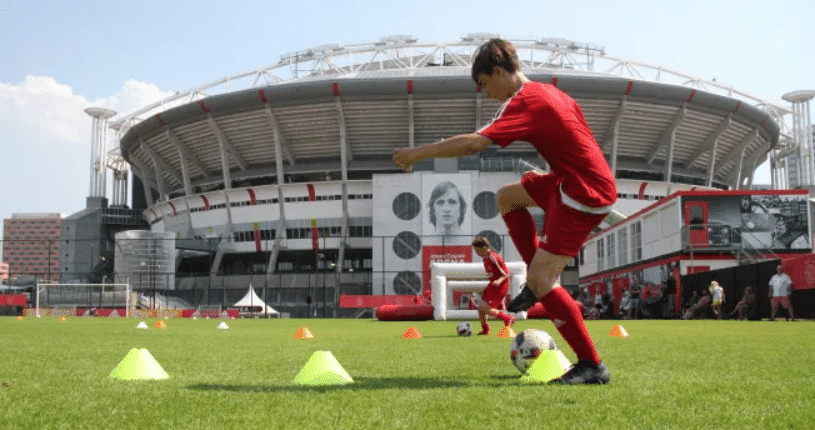
Monday till Friday
09:00 – 17:00 uur
For the latest information on upcoming camps and clinics, please click here.
or E-mail Ajax at [email protected]
Ajax Online Academy
Central is the style of play (4-3-3, with goalkeeper), training, behavior and house rules.
Ajax has developed the so-called TIPS model, which stands for Technique, Insight, Personality and Speed. For each part there are ten criteria. P and S are generally innate properties, but I and T can always be developed further. Ajax coaching sessions always consists of 8 important football ingredients. Together with TIPS, they form the core to the Ajax success philosophy.
- Coordination training 2. Kicking, Passing and Throw-in 3. Moves to beat an opponent 4. Heading 5. Finishing 6. Position play 7. Position Game play 8. Small sided games
AFC Ajax International Programs
Ajax FC international camps, clinics and coach education programs will be delivered by dedicated Ajax coaches in your country. In delivering the above we will be assisting in developing motivated players and coaches at elite level. Letting them experience the Ajax magic and methodology. The complete camp and clinic website can be found by clicking here.
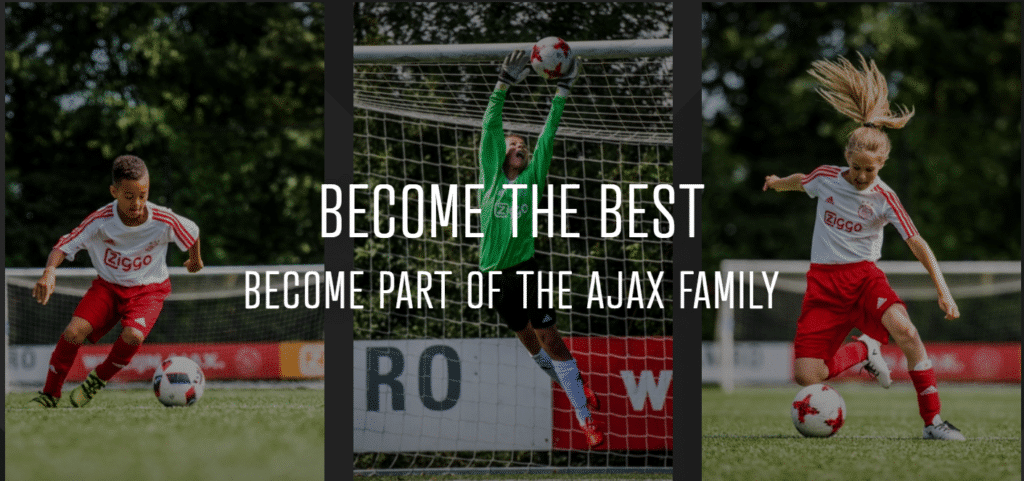
AFC Ajax – United States of America

Workshops – USA – For Coaches
Ajax coach education workshops give coaches insight into the different aspects of the Ajax Philosophy done by Ajax experts. Subjects such as core values, scouting, foundation, youth development and professional development will be covered.
For upcoming USA coaches dates & locations, please click here.
Camps – USA – For Players
Only high talented players will be accepted.
In addition several players will be invited to train at the official Ajax Amsterdam training facility for summer 2021! The two top players from each camp will be invited for free! (includes flight, stay, meals, and transportation)
General requirements
A camp is from Monday to Friday for boys and girls. Every aspect of the unique Ajax training method will be part of the program. Sessions will be led by Dutch Ajax coaches who are specialized in working with young players.
Dates & Locations:
- Milwaukee, WI | Germantown, MD
- Columbus, OH | Leesburg, VA
- Cincinnati, OH | Ann Arbor, MI
- Ellicott City, MD | Chicago, IL
- Fairfax, VA
Daily schedule:
- 09.00am – 11.30am Morning session
- 11.30am – 12.30pm Lunch and supervised break
- 12.30pm – 03.00pm Afternoon session
Age Group: 9-16 years old
Camp Costs: $549.00
For upcoming USA player dates & locations, please click here.
AFC Ajax – Scotland
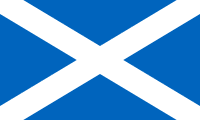
Workshops – Scotland – For Coaches
Ajax coach education workshops give coaches insight into the different aspects of the Ajax Philosophy done by Ajax experts. Subjects such as core values, scouting, foundation, youth development and professional development will be covered.
Costs: £275 – £300
For upcoming Scotland coaches dates & locations, please click here. or email [email protected]
Camps – Scotland – For Players
Only high talented players will be accepted. The program will be directed by coaches from the Ajax Youth Academy who are specialized in working with young players. Youth players, boys and girls, can participate in this 4 day camp. The content of the camp will be based on the Ajax philosophy, which goes hand in hand with the unique training method of the Ajax Youth Academy.
Location:
Canal Park, Clubhouse,
Inverness IV3 5SS
Camp Program:
- 09.00am – 11.30am Morning session
- 11.30am – 12.30am Break and classes with assistant coaches
- 12.30am – 13.30pm Lunch
- 13.30pm – 15.30pm Afternoon session
- 15.30pm – 16.00pm Pickup players
Age Group: 7-14 years old
For upcoming Scotland player camp dates & locations, please click here.
Additional information can be found here.
AFC Ajax – Poland
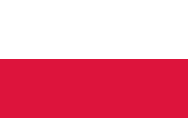
Workshops – USA – For Coaches
Ajax coach education workshops give coaches insight into the different aspects of the Ajax Philosophy done by Ajax experts. Subjects such as core values, scouting, foundation, youth development and professional development will be covered.
Location
Krakow, Poland
Fame Sport
21 Dekerta Street, Krakow
Costs: zł 960,00 – zł 1250,00
For upcoming Ajax Poland coaches clinic dates & locations, please click here.
Additional information can be found here.
Camps – Poland – For Players
Only high talented players will be accepted.
The program will be directed by coaches from the Ajax Youth Academy who are specialized in working with young players. Youth players, boys and girls, can participate in this 5 day camp. The content of the camp will be based on the Ajax philosophy, which goes hand in hand with the unique training method of the Ajax Youth Academy.
Location:
Krakow, Poland
Fame Sport
21 Dekerta Street, Krakow
Age Group: 7-15 years old.
Price per camp: zł 1410,00 – zł 1560,00
For upcoming Ajax Poland player camp dates & locations, please click here.
Additional information can be found here.
AFC Ajax – Italy
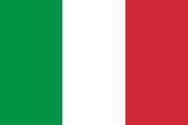
Workshops – Italy – For Coaches
Ajax coach education workshops give coaches insight into the different aspects of the Ajax Philosophy done by Ajax experts. Subjects such as core values, scouting, foundation, youth development and professional development will be covered.
Location
Virtus Agredo Savio
Via Borgo Rustega
Rustega di Camposanpiero (Padua)
Costs: €290
The coach workshop is in English and translated into Italian.
For upcoming Ajax Italy coaches clinic dates & locations, please click here.
or Email: [email protected]
Camps – Italy – For Players
The program will be directed by coaches from the Ajax Youth Academy who are specialized in working with young players. Youth players, boys and girls, can participate in this 5 day camp. The content of the camp will be based on the Ajax philosophy, which goes hand in hand with the unique training method of the Ajax Youth Academy.
General requirements
The Ajax Camp will be for boys and girls, who are serious about their development and future pathway within the game.
Location:
Virtus Agredo Savio
Via Borgo Rustega
Rustega di Camposampiero (Padova)
Age Group: 8-16 years old
Camp Costs: €490
For upcoming Ajax Italy player camp dates & locations, please click here.
or Email: [email protected]
AFC Ajax – Denmark
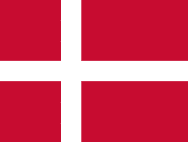
Workshops – Denmark – For Coaches
Ajax coach education workshops give coaches insight into the different aspects of the Ajax Philosophy done by Ajax experts. Subjects such as core values, scouting, foundation, youth development and professional development will be covered.
Location: BGI Academy
Costs: €25
For upcoming Ajax Denmark coaches clinic dates & locations, please click here.
Additional information can be found here.
Camps – Denmark – For Players
The program will be directed by coaches from the Ajax Youth Academy who are specialized in working with young players. Youth players, boys and girls, can participate in this 4 day camp. The content of the camp will be based on the Ajax philosophy, which goes hand in hand with the unique training method of the Ajax Youth Academy.
General Requirements
The Ajax Camp will be for boys and girls,
who are serious about their development and future pathway within the game.
Location: BGI Academy
Age Group: 10-15 years old
Camp Costs: €439 (4 days)
For upcoming Ajax Denmark player camp dates & locations, please click here.
Additional information can be found here.
AFC Ajax – Australia

Workshops – Australia – For Coaches
Ajax coach education workshops give coaches insight into the different aspects of the Ajax Philosophy done by Ajax experts. Subjects such as core values, scouting, foundation, youth development and professional development will be covered.
For upcoming Ajax Australia coaches clinic dates & locations, please click here.
Additional information can be found by contacting: [email protected].
Camps – Australia – For Players
Only highly talented players will be accepted into our Talent ID camps to compete for available full scholarships in the academy of our Australian Partner Sydney FC!
The full scholarship includes:
- Football training
- School education
- Accommodation & Food
- Host family
General Requirements: The Ajax Talent ID Camps will be for elite players, boys and girls, who are serious about their development and future pathway within the game. Every aspect of the unique Ajax training method will be part of the program. Sessions will be taken by Master Ajax coaches who are specialized in working with young players.
Age Groups:
9-11 year old’s
12-15 year old’s
Camp Costs:
$399 (3 days)
$299 (2 days)
For upcoming Ajax Australia player camp dates & locations, please click here.
Additional information can be found here.
To book contact: [email protected]
AFC Ajax Recruitment Trials
At the time of this writing, there is no official publishing’s on AFC Ajax trials. Please come back at a later date while we monitor this club or click here to visit their official news section.
EXPLORE MORE CLUBS!
Explore more professional clubs by continent.
Ajax History
On March 18, 1900, Ajax was born in Amsterdam. First great victory for the team came in 1917, when it won the KNVB Beker (Dutch national cup), the top level of Dutch football. Ajax won the Dutch championship for the first time in the following season. In 1918–19, the squad defended its title and became the only one in the Netherlands Football League Championship to be undefeated in a season.
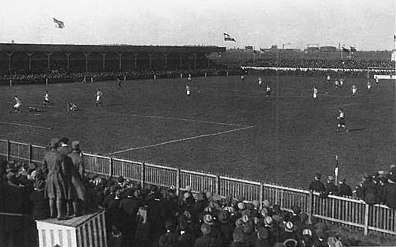
Ajax was a regional powerhouse in the 1920s, winning the Eerste Klasse West three times (1921, 1927, and 1928), but it couldn’t replicate its area dominance at the national level. This began to change in the 1930s, when the club became the most successful Dutch team of the decade, winning five national titles (1931, 1932, 1934, 1937, 1939).
When Englishman Jack Reynolds was the club’s manager for the final time in 1946–47, Ajax not only won its eighth Dutch championship but also its second KNVB Cup under his guidance. Eredivisie season one began in 1956 with Ajax a founding member. Under the new system, Amsterdam became the inaugural national champions and made its European Champion Clubs’ Cup debut the following year, falling to Vasas SC 6–2 on aggregate in the quarter-finals of Europe’s premier club competition.
They won a third KNVB Cup in 1961, making them Eredivisie winners for the second time in 1960.
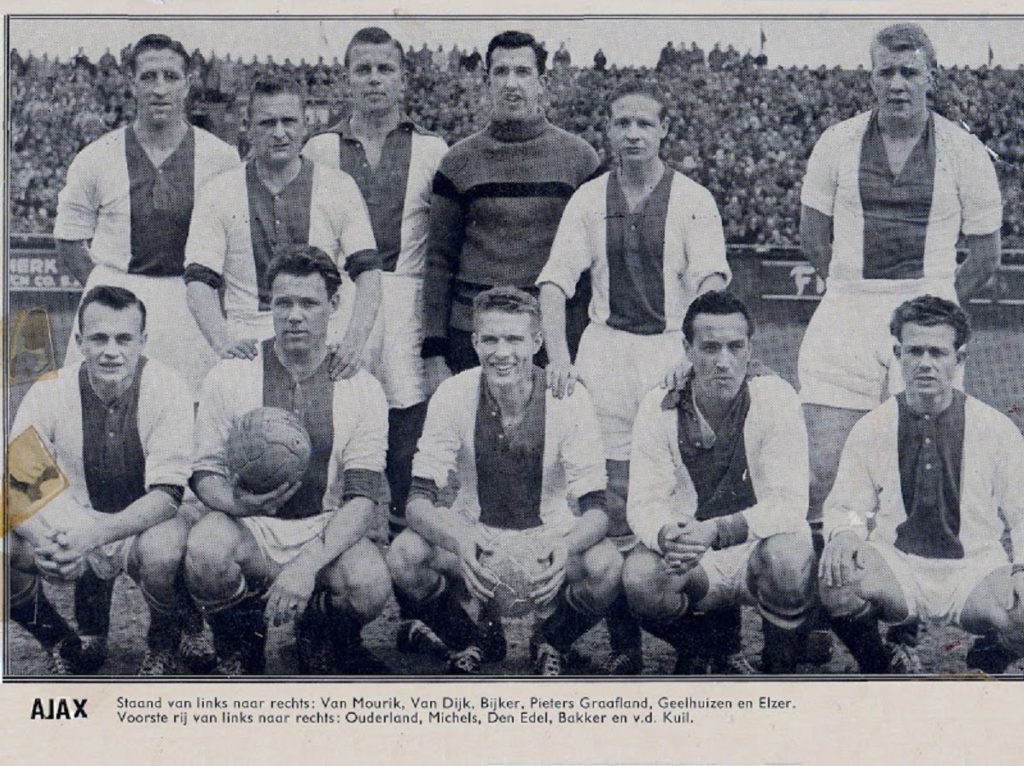
At the beginning of 1965, Ajax appointed Rinus Michels, a former player from 1946 to 1958, as manager and implemented his Total Football concept, which would become synonymous with the Dutch national team. At the age of 20, Johan Cruyff made his international debut for the Netherlands, where he would go on to become the greatest Dutch player of all time. Ajax was led by Michels and Cruyff to seven Eredivisie titles, four KNVB Cups, and three European Cups during their time together.
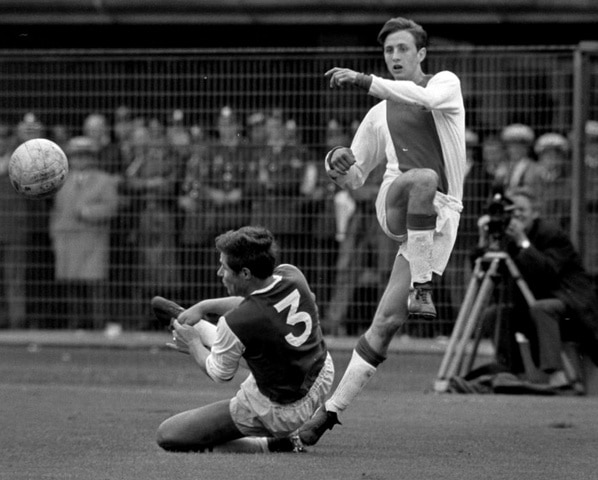
While Milan won the European Cup in 1969, Ajax won the Dutch championship three times in 1966, 1967, and 1968. Ajax achieved their first league and cup double in 1966–67, scoring a league-record 122 goals and winning the KNVB Cup. Second league and cup double in five seasons: Ajax won the Dutch league championship for the fourth time with 27 wins from 34 league matches and scored 100 goals. Cruyff was voted European Footballer of the Year after leading Ajax to their first European Cup final victory in 1971, with goals from Dick van Dijk and Arie Haan securing a 2–0 win over Panathinaikos in Athens.
To succeed Michels as manager of Barcelona, tefan Kovács was hired as his successor from Romania. Ajax won the European Cup, the Eredivisie, and a third consecutive KNVB Cup in Kovács’ first season in charge. Next season, they defeated Argentine club Independiente to win the 1972 Intercontinental Cup and retained their Eredivisie and European Cup championships, becoming the first club since Real Madrid in the 1950s to win three consecutive European Cups.

Cruyff was brought to Barcelona in 1973 by Michels’ Barcelona, who broke the world transfer record at the time. The end of this period of international success was signaled by the departure of Kovács to become the manager of the France national team. During the 1976–77 season, Ajax became the first Dutch team to win the Eredivisie and KNVB Cup in the same season. Cruyff returned to the club in the early 1980s, as did Marco van Basten and Frank Rijkaard, two of the club’s most promising young players at the time. Back-to-back Eredivisie titles for the squad in 1982 and 1983 were won thanks in large part to the contributions of all three players.
Van Basten became Ajax’s most important player after the departure of Cruyff to Feyenoord in 1983, leading the Eredivisie in scoring for four seasons between 1983–84 and 1986–87. He returned to Ajax in 1985, and the team finished the season with 120 goals from 34 matches under Cruyff’s management. Despite this, Ajax came in second place to PSV by only eight points. Even though Ajax lost the Eredivisie championship to PSV the next season, the club took home its first continental trophy in 14 years when it won the European Cup Winners’ Cup. It wasn’t long after this that both Rijkaard and Van Basten were sold to Sporting Lisbon and Milan respectively, while Cruyff left to become Barcelona’s manager. Following these defeats, Ajax reached a second consecutive cup winners’ cup final, which they lost to KV Mechelen of Belgium.
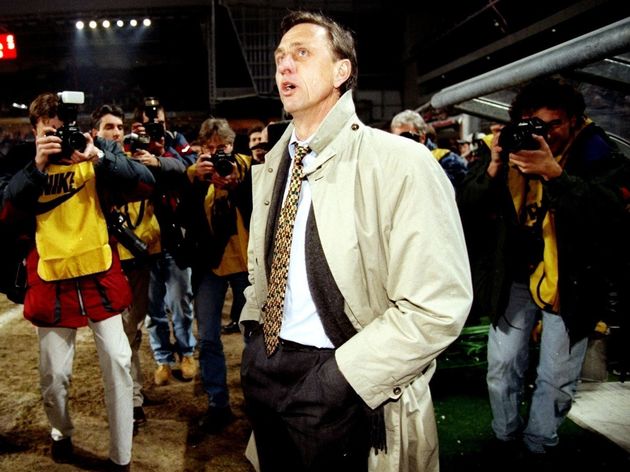
Dennis Bergkamp, a youthful forward who initially featured for Ajax under Cruyff in 1986, became a reliable goal scorer in the 1988–89 season. Bergkamp was an integral part of Ajax’s Eredivisie championship team in 1989–90 and was the league’s top scorer in 1990–91, 1991–92, and 1992–93. Ajax became the second club after Juventus to win all three major European club competitions under the direction of Louis van Gaal in 1992.
Rijkaard rejoined Van Gaal’s Ajax club in 1993 after Bergkamp’s sale to Internazionale, and the Dutchman paired him with a young group of academy graduates, as well as erratic foreigners Finidi George and Nwankwo Kanu and veteran captain Danny Blind. For the first time since 1968, Ajax won back-to-back Dutch championships in 1993–94 and 1994–95 and 1995–96, respectively. In 1994–95, Ajax became the first and only Eredivisie team to go a full season unbeaten under Van Gaal’s management.
When they defeated Milan in the UEFA Champions League final 1–0 with an 18-year-old Patrick Kluivert goal in 1995, the team won its first European Cup since the wonderful 1970s era. A year later, Ajax made it all the way to the championship game, where they were defeated by Juventus on penalties.
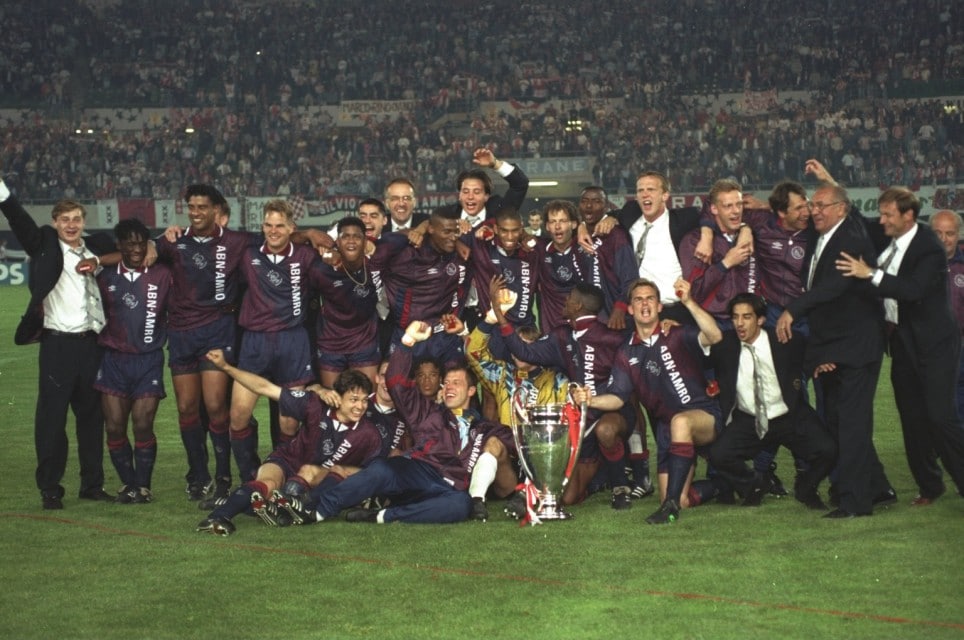
While Ajax’s return to European prominence was brief, Van Gaal and many members of the squad were soon on their way to some of the continent’s top clubs. Only two Eredivisie titles were won by the team throughout the decade of the 2000s. Wesley Sneijder and Rafael van der Vaart are two examples of Ajax’s academy’s success. Ajax’s manager for the 2010–11 season was Frank de Boer, who took the club to its first league crown in seven years and its 30th overall title.
Back-to-back championships in 2011–12 and 2012–13 matched his three-year streak from the 1990s. Ajax won the Eredivisie four times in a row for the first time in the club’s history in 2013–14. He resigned as Ajax head coach in May 2016 after coming second to PSV in both the 2014-15 and 2015-16 seasons, respectively.
After Peter Bosz took command, the club reached its first European final in two decades, the 2017 UEFA Europa League final. At an average age of 22 years and 282 days, they were the youngest team ever to play in a European final. Feyenoord won the Eredivisie for the third year in a row, defeating them in the final.
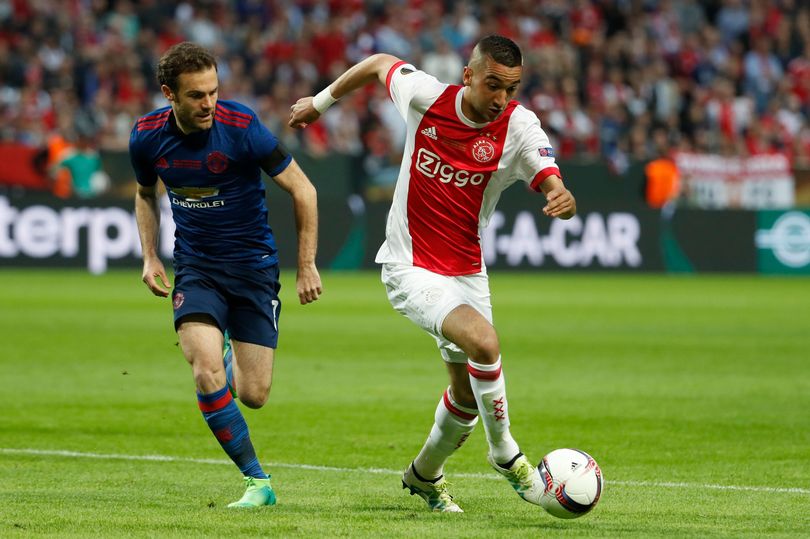
Ajax had an incredible season in the Champions League in 2018–19. Ajax qualified for the tournament in the second round after finishing runner-up in the 2017–18 Eredivisie. When they beat Standard Liège and Dynamo Kyiv in consecutive games, they qualified for group play. Ajax was placed in a group with Bayern Munich, Benfica, and AEK Athens, the Greek champions. To qualify for the knockout stages, Ajax had to finish second in their group, drawing Real Madrid, the reigning champions, in the last 16. In the second leg, they beat Real Madrid 4–1 at the Santiago Bernabeu, causing the defending champions to lose 5–3 on aggregate after losing the first leg 1–2. L’Equipe awarded Duan Tadi a perfect score of 10 after the match.
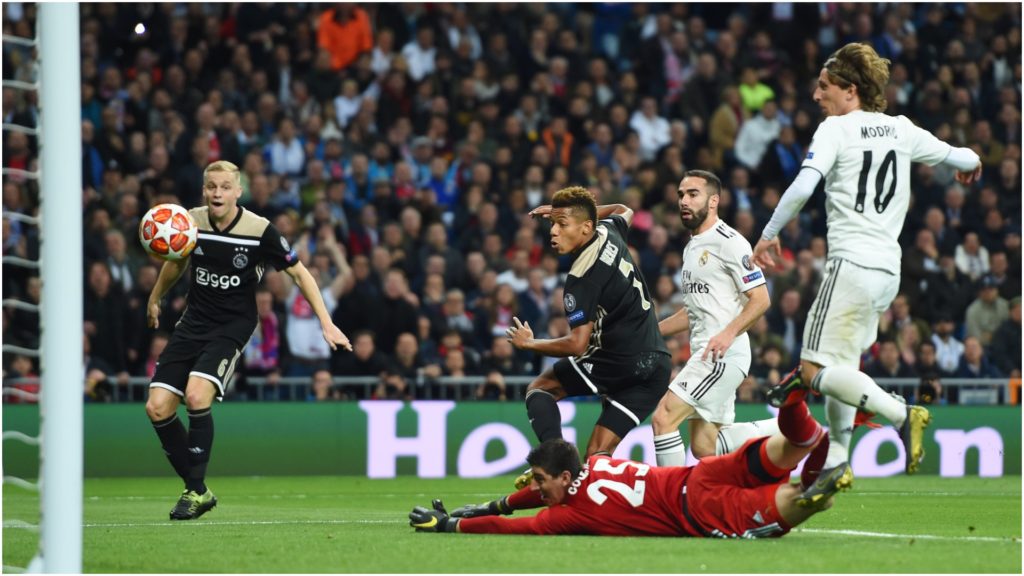
Consequently, Ajax was drawn against Italian champions Juventus in the quarterfinals of the Champions League. They tied 1–1 in the first leg at the Johan Cruyff Arena. Ajax fought back to win the second leg 2–1 and the series 3–2 at Juventus Stadium. Ajax advanced to its first Champions League semi-final since 1997 with a goal from Matthijs de Ligt. In England, they’d take on Tottenham Hotspur. Ajax defeated Tottenham 1-0 away from home in the first semi-final leg. Ajax scored twice in the first half of the second game to take a 3–0 aggregate lead. It was only in the second half when Lucas Moura scored three goals and Ajax lost because Ajax was penalized by the away goals rule.
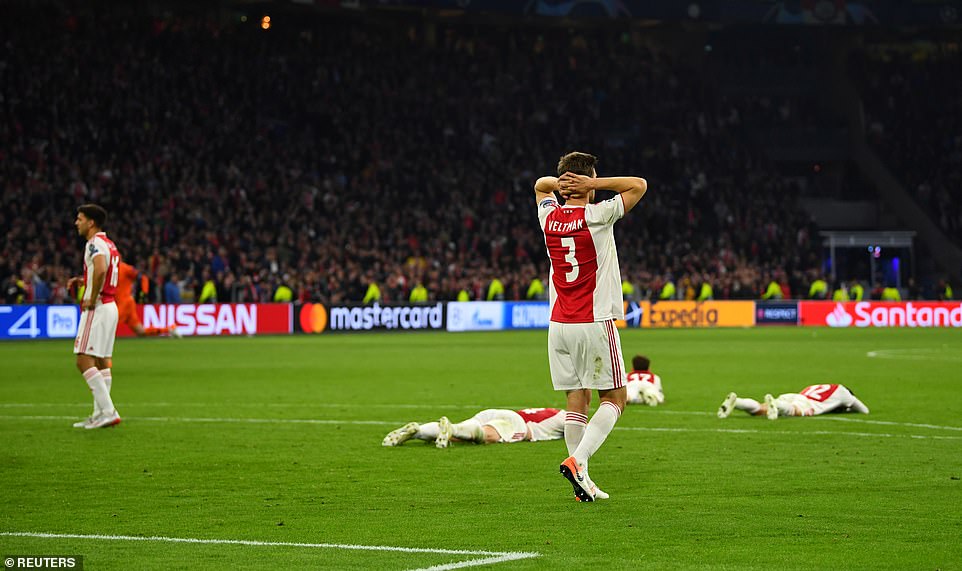
Due to the global virus outbreak, Ajax were in first place on goal difference when the 2019–20 Eredivisie was declared void and they qualified for the 2020–21 UEFA Champions League.
Stadium
Wooden Het Houten Stadion was Ajax’s first stadium, erected in 1911. (“The Wooden Stadium”). Ajax later played in the Olympic Stadium, which was erected for the 1928 Summer Olympics in Amsterdam and hosted the Dutch national team. The Olympic Stadium is the official name for this Jan Wils-designed venue. It was created by Daan Roodenburgh, an Ajax member and the club’s architect, who also designed the club’s first stadium. Ajax played there until 1996 with a capacity of 29,500 fans. The Olympic Stadium, which can hold up to twice as many fans, was used frequently by the team for important European and national events.
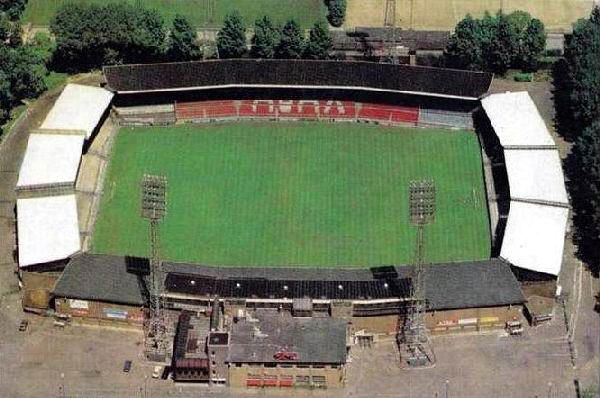
It was in 1996 when Ajax relocated to the Amsterdam Arena, which has subsequently been renamed Johan Cruyff Arena. The city of Amsterdam paid $134 million to build this stadium. The stadium can house up to 54,990 people at a time. In 2006–07, the average attendance was 48,610, rising to 49,128 in the following season. The retractable roof of the Arena served as a model for numerous modern stadiums constructed in Europe in the years that followed. Because of the Arena’s retractable roof, the pitch in the Netherlands has a reputation for being bad due to the amount of sunlight and fresh air it blocks. Ground personnel implemented an artificial lighting system during the 2008–09 season, which has greatly decreased this issue.
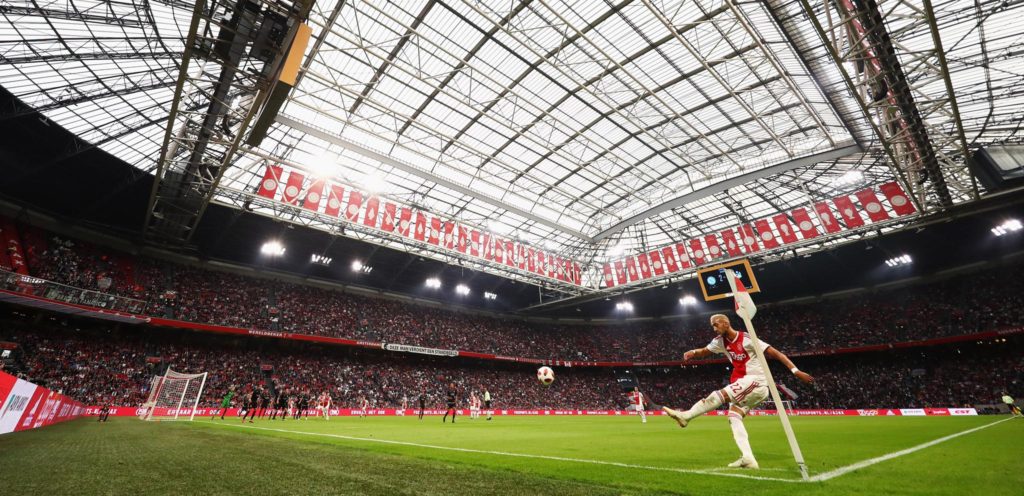
Thousands of people mourned the loss of the De Meer Stadion, which was demolished and the property was sold to the city. The location is presently occupied by a residential neighborhood. De Toekomst, a youth training facility located next to the Johan Cruyff Arena, is the only remnant of the original Ajax stadium.
Supporters
F-Side and VAK410 are two of Ajax’s most well-known core supporter groups. Founded on October 3rd, 1976, F-Side sit in seats 125–129 of the Johan Cruyff Arena’s southern end, behind the goal. The F-side of the old De Meer Stadion is where they got their moniker, so to speak. There is a lot of energy at the stadium thanks to the F-side supporters, but they are also infamous for rioting during and after games.
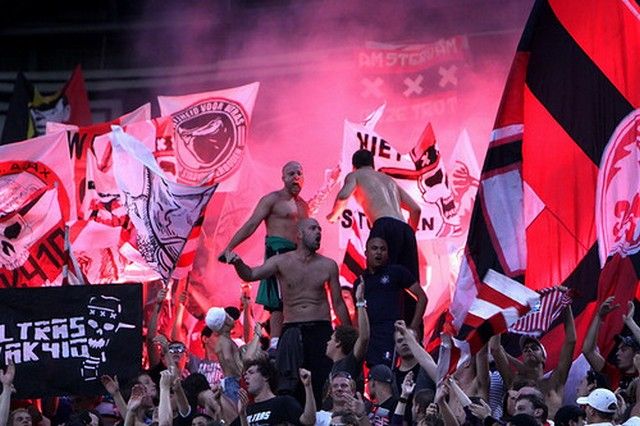
There are some rules that dictate where Ajax plays in the second half when they win coin tosses. It was founded in 2001 and is located in the Zuidhoek (South corner) of the stadium on the top ring in rows 424–425, which are located on the upper ring.
To give the group’s name, they used to sit in row 410 on the stadium’s north-west side before moving to their new location in 2008. Stunts by members of VAK410, including the use of giant banners, are well-known at the stadium. Seats are not provided in either area of the stadium for F-Side or VAK410 during the match.
Colors and Crest
Crest
When Ajax was created in 1900, the club’s insignia was simply a picture of an Ajax player. After the club was promoted to the top division in 1911, the crest was significantly adjusted to match the new uniforms of the club. Ajax’s head appeared on the club’s emblem for the first time in 1928. In 1990, a new abstract version of the old logo was introduced. The portrait of Ajax is still present in the new logo, but it has been simplified to simply 11 lines to represent a football team’s 11 players.
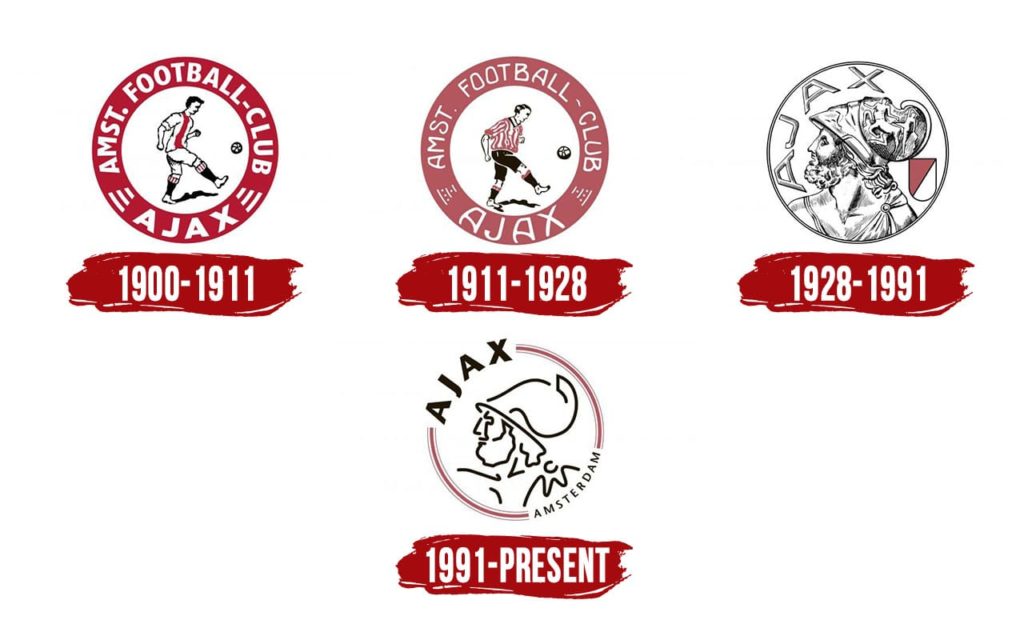
Ajax Colors
This uniform was quickly replaced by one that included the team’s traditional red/white stripe on their shirt and black shorts for their early matches. The flag of Amsterdam consists of three colors: red, black, and white.
Ajax was compelled to alter their colors in 1911 when they were promoted to the Eerste Klasse or ‘First Class’ of Dutch football (later known as the Eredivisie) because Sparta Rotterdam already wore the same outfit. Newcomers had to modify their outfits if two teams in the same league had the same uniforms at the time, according to football association regulations. White shorts and shirt with a broad, vertical red stripe across the chest and back, which is still Ajax’s uniform, were used.
Ownership
There is only one Dutch team having an Initial Public Offering (IPO): AFC Ajax (IPO). A Naamloze vennootschap (N.V.) has been registered for the club since May 17, 1998, and it is listed on the Euronext Amsterdam stock exchange. In their debut year on the market, the club brought in €54 million (converted) in income, with a launch price of 25,- (Guilders). However, after a brief period of success, the rate fell to as low as €3.50.
There was concern that Ajax’s sports-related aspirations would be harmed by Ajax’s newly listed commercial interests, and that the legal framework for a naamloze vennootschap would not be suited for a football club. In 2008, the company’s shares were worth around €5.90 each. An honorary member of the club, Uri Coronel, led a Commission in 2008 to come to the conclusion that the IPO had no value to the club and that the stock market should be exited by acquiring back all public shares. Ajax is still listed on the stock market.
City of Amsterdam, Netherlands
The city of Amsterdam has a total population of 872,680 people, of which 1,558,755 live in the urban area and 2,480,394 live in the surrounding metropolitan area. Dutch capital Amsterdam has been dubbed “Venice of North Holland” because of its many canals, which have been designated a UNESCO World Heritage Site.
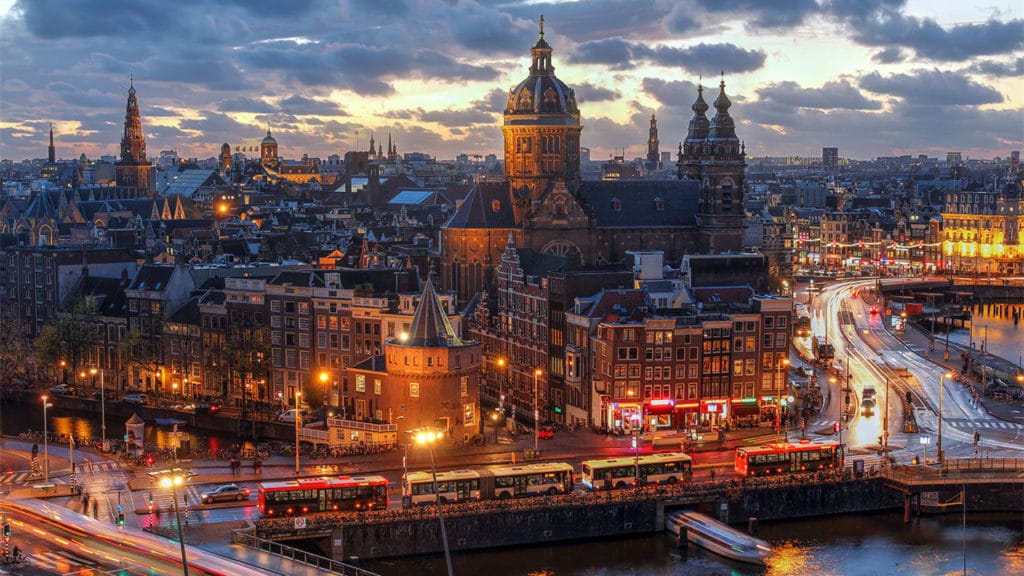
The name “Amsterdam” comes from the Dutch word “Amstelredamme,” which means “Amstel dam.” The Dutch Golden Age of the 17th century saw Amsterdam rise from a little fishing village to the world’s most significant port, and it was also a major financial and commercial hub. Many new communities and suburbs were planned and created in the 19th and 20th centuries as the city grew. World Heritage Sites include the 17th-century canals of Amsterdam, as well as the 19th- and 20th-century defense lines of Amsterdam. The city’s oldest district, Sloten, was annexed by Amsterdam in 1921. It dates all the way back to the 9th century.
Geography
The province of North Holland, whose capital is Haarlem rather than Amsterdam, contains Amsterdam, which is in the western Netherlands. A significant number of canals branch off from the Amstel River in the city center, all of which flow into the IJ. At 6.6 feet below sea level, Amsterdam is the lowest city in the Netherlands. Large polders have made the surrounding area flat. The Amsterdamse Bos, a man-made forest, is located in the southwest. The North Sea Canal connects Amsterdam to the North Sea.
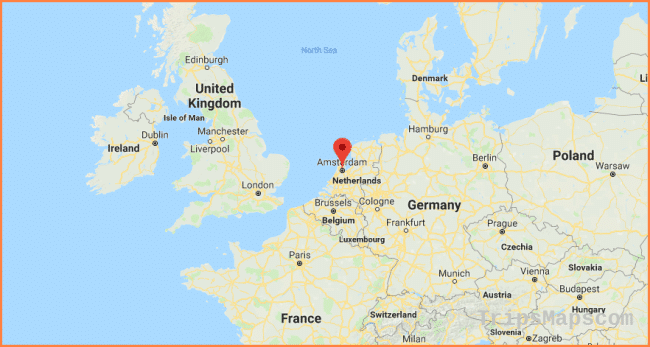
Climate | Weather
Because to its close proximity to the North Sea, Amsterdam has an oceanic climate (Köppen Cfb) with westerly winds that are the most prevalent. As a result, the seasons aren’t as predictable as one might like. Winters can be bitterly cold with heavy snowfall, and summers can be oppressively hot and muggy. Most of North Holland province is located in zone 8b of the USDA hardiness zone. During periods of easterly or northeasterly winds from the European continent, frosts are more likely to occur. Amsterdam is surrounded by three big bodies of water and has a strong heat island effect, thus nights rarely fall below -5°C (23–24°F) in the city, but Hilversum, 25 km (16 miles) southeast, is more than twice as cold as Amsterdam.
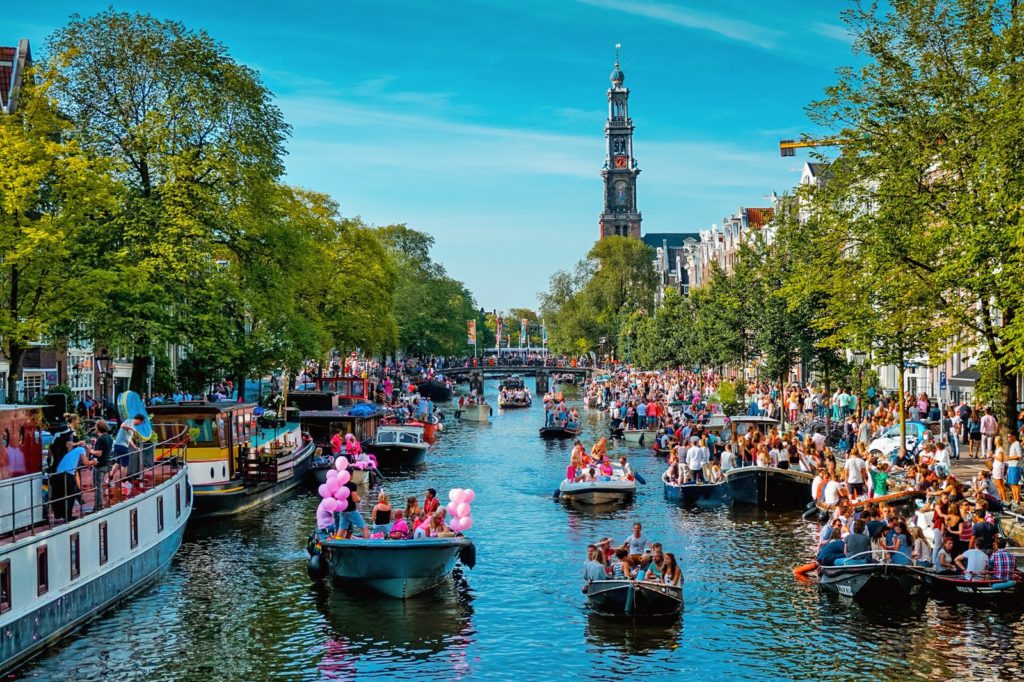
The summers are mild, but there are a few hot days here and there throughout the season. 22.1 °C (72 °F) in August is the average daily high temperature in Amsterdam, placing it in AHS Heat Zone 2 based on the number of days with 30 °C (86 °F) or higher. Temperatures have reached as low as 19.7 °C (3.5 °F) and as high as 36.3 °C (97.3 °F). More than one millimeter (0.04 inch) of rain falls on average every 133 days of the year. The annual average rainfall in Amsterdam is 838 millimeters (33 in). The majority of this rain comes in the form of light rain or brief showers. Cloudy and wet weather is prevalent throughout the fall and winter months.
Amsterdam Lifestyle
